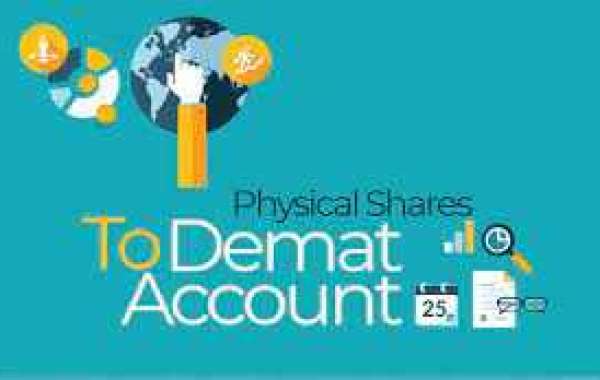Introduction:
When it comes to holding securities, investors have traditionally dealt with physical share certificates. However, with the advent of demat accounts, investors now have a digital alternative. In this article, we will compare demat accounts with physical share certificates, exploring the advantages and disadvantages of each, to help you determine which option is right for you.
- Security and Risk of Loss:
Physical share certificates can be vulnerable to loss, theft, or damage. A demat account eliminates these risks by holding your securities in electronic form, protected by secure login credentials and encryption protocols. With a demat account, you can have peace of mind knowing that your investments are secure.
- Convenience and Accessibility:
Managing physical share certificates requires manual handling and storage, which can be time-consuming and cumbersome. On the other hand, a demat account offers the convenience of accessing and managing your investments digitally. You can easily track your portfolio, execute trades, and view transaction history from the comfort of your own home or office.
- Transfer and Settlement:
Transferring physical share certificates involves a complex process, including paperwork, verification, and physical delivery. This can be time-consuming and prone to errors. In contrast, demat accounts facilitate seamless transfer and settlement of securities, ensuring faster and more efficient transactions.
- Dividends and Corporate Actions:
With physical share certificates, receiving dividends and participating in corporate actions can involve manual processes, such as submitting physical forms or certificates. Demat accounts simplify this process by automatically crediting dividends and facilitating participation in corporate actions, ensuring a hassle-free experience for investors.
- Estate Planning and Succession:
In the case of physical share certificates, estate planning and succession can be challenging. The transfer of physical certificates to heirs requires legal procedures, such as probate, which can be time-consuming and costly. Demat accounts offer a smoother transition of assets, allowing for easier estate planning and succession, as holdings can be transferred electronically.
- Flexibility and Loan against Securities:
Demat accounts provide flexibility in using your securities as collateral for loans or other financial transactions. By pledging your holdings, you can access funds without selling your shares, providing liquidity when needed. Physical share certificates lack this flexibility and may require selling securities to obtain funds.
- Documentation and Record-Keeping:
Physical share certificates require meticulous record-keeping and storage to maintain the integrity of your investment records. With a demat account, all transactions and holdings are electronically recorded, generating statements and reports that simplify record-keeping and taxation processes.
Conclusion:
While physical share certificates have been the traditional way of holding securities, demat accounts offer numerous advantages in terms of security, convenience, and efficiency. With a demat account, you can enjoy seamless transactions, faster settlements, simplified record-keeping, and enhanced accessibility to your investments. Consider your individual preferences, risk tolerance, and investment objectives to determine whether a demat account or physical share certificates are the right choice for you










